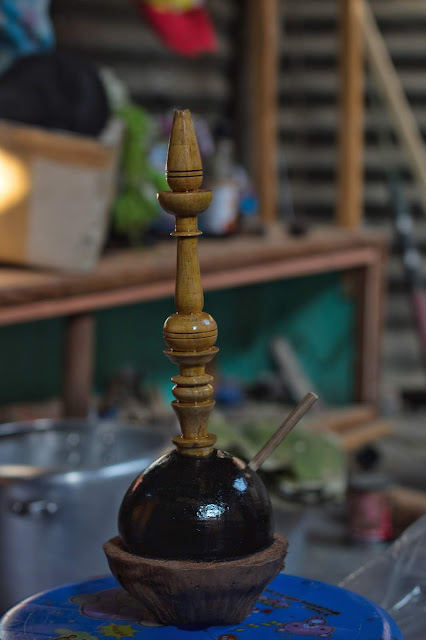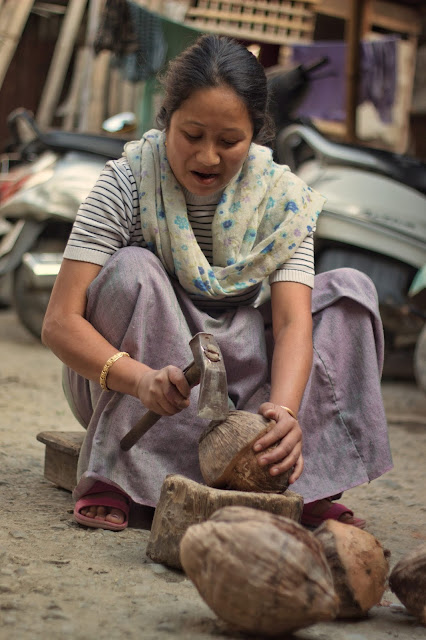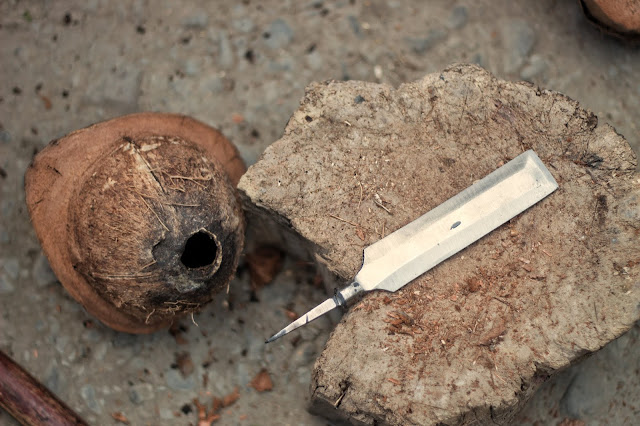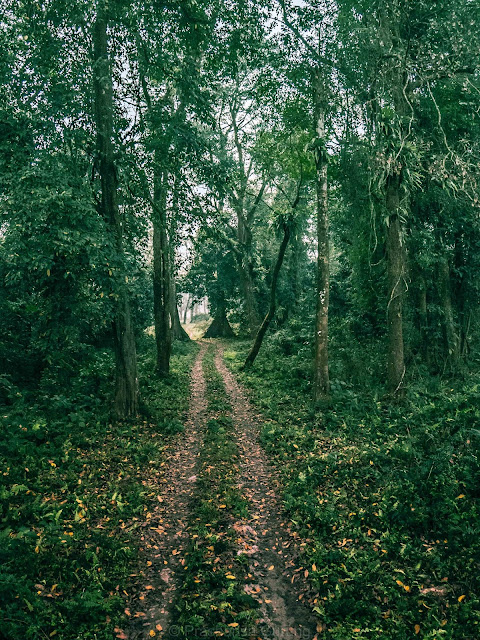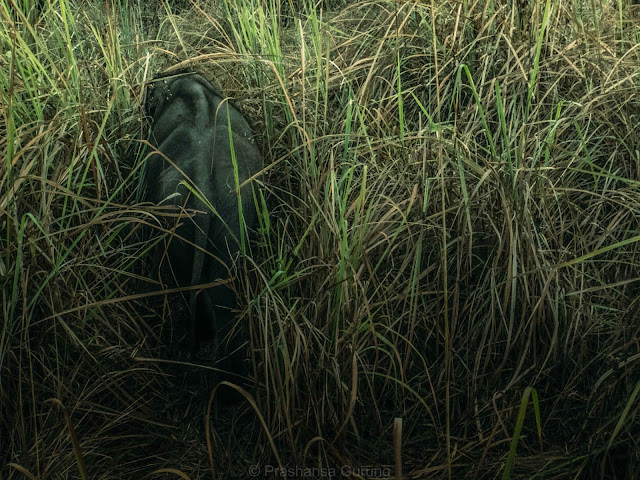Showing posts with label Photo Essays. Show all posts
Showing posts with label Photo Essays. Show all posts
Monday, 9 September 2019
Monday, 25 February 2019
Hidak-phu: Story of the fast-disappearing Manipuri Hookah
‘Hidak-phu or Hidakki Chapu’, literally translating to ‘medicine pot’, is the traditional Manipuri hookah.
The Thokchom household in Imphal is one of the last families to produce these.
I've shot video clips and interviews as well for this.
For those interested in watching the video, do become my Patron at Patereon.com.
Friday, 10 March 2017
Little Kashmir on the Swaraj Express
Every year, the harsh Kashmiri winter prompts about 30 families from in and around Lal Chowk, Srinagar to migrate to Mumbai. These families spend three months in the city and survive by selling Kashmiri Handicrafts and, wallnuts and apples from their farms.
Last week, I happened to be occupying a berth in a Sleeper Class boggie, which was entirely filled with these families. Here are some paraphrashed lines of the fragmented conversations I had with two brothers - 24 and 14 - who were in the same compartment as me.
 |
| "Kashmir is beautiful...its heaven on earth." |
The sun begins to set in the horizon, and we both stare out the window in silence - there is a sense of shared injustice and neglect which we mutually feel. We both belong to the fringes. We have both been asked to prove our loyalties many times over.
--
Help me continue bringing you untold stories through photos and films. Become my Patron. Follow the link: https://www.patreon.com/prashansa
--
Help me continue bringing you untold stories through photos and films. Become my Patron. Follow the link: https://www.patreon.com/prashansa
Monday, 30 January 2017
Military Fashion in Chakrata
The year is 2015 and I find myself in the district of Chakrata in Uttarakhand. I have been hired as an on-set photographer for a feature film called 'Pinti Ka Sabun', commissioned by The Children's Film Society of India.
The film crew members find themselves ill-prepared for the weather, and in the evening, we all head to the local market. While we weren't expecting Louis Vitton, what takes us by surprise is the number of shops that sell Military wear - caps, boots, bags, jackets - everything is Military.
We are informed that Chakrata, being a military cantonment area, the locals are influenced by and also have easier access to this option. These products are cheap, durable and reflect the 'harsh' lives the residents of this district have.
 |
| A sheep herder in Mungaad Village. |
 |
| Lady working in the jungle in Koruwa. |
 |
| Peanut Seller in Naagh Thaat. |
 |
| The elders of Mungaad Village, bask in the sun. |
 |
| One of the more decorative Military Gear Store I found in Chakrata Market. |
 |
| My Commando Cap! |
--
Help me continue bringing you untold stories through photos and films. Become my Patron. Follow the link: https://www.patreon.com/prashansa
Monday, 2 May 2016
Polyandry/Poligamy in Uttarakhand
These images were taken in village called Mungaad in the Chakrata district of Uttarakhand.
According to the folklore in the region, the Pandavas spent their 'Van Vaas' in these forests. A direct result of this is the tradition of Polyandry where one woman has more than one husband at a time, usually all the brothers in the family. Uttarakhand is one of the few places in India where this is practiced.
Polygamy may be practised for a lot of reasons; one of them being "families in areas of scarce farmable land to hold agricultural estates together. The marriage of all brothers in a family to the same wife allows plots of family-owned land to remain intact and undivided."
 |
| Just 24 years of age, Rajo is married to 5 brothers of the family, much like Draupadi in Mahabharata who is married to the Pandava Brothers. |
 |
| The kids are raised collectively by the family and there is no pressure to know their children's paternal lineage . |
 |
| Rajo was 25 when this photograph was made. |
 |
| Add caption |
--
Help me continue bringing you untold stories through photos and films. Become my Patron. Follow the link: https://www.patreon.com/prashansa
Monday, 1 February 2016
Jaldapara Wildlife Santuary Park
No sooner was I back from the Sandakphu Trek when my school mate invited me to a trip to Jaldapara Wildlife Sanctuary. This place is of significance importance as it was the place where we were brought once on a school field trip. Contrast to that winter trip of 2008, this time around, better equipped and wiser, the elephant ride felt a little cruel. But the journey itself with two childhood friends made things easier.
 |
| With friends Tripti and Sangha, the generous sponsors of my trip! |
 |
| By the Torsha river, we wait for the first batch of tourist to come back from the safari. |
 |
| Torsha River. |
 |
| The first spotting - a rhino grazing in a grassland across the river. |


For those interested in watching the video, do become my Patron at Patereon.com.



















